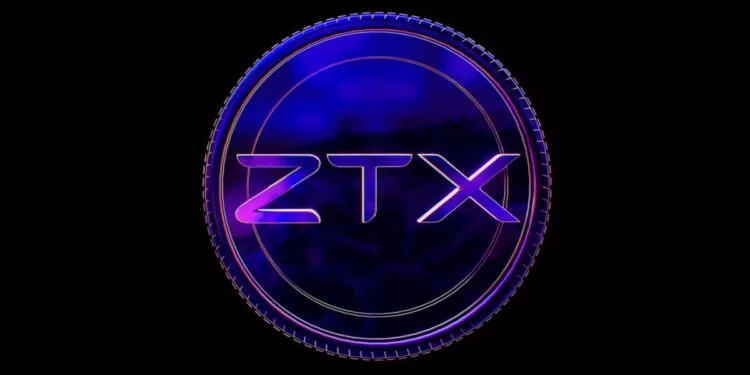
eNaira ranks, despite crypto banned in the Nation
Nigerian tech and innovation legal expert Chinedu Albert said eNaira adoption will only happen when the government gains the trust of Nigerians and the naira attains a more trusted status.
The Central Bank of Nigeria’s 2021 ban on regulated financial institutions from servicing crypto exchanges significantly hampered the adoption of the eNaira central bank digital currency (CBDC), according to Nigerian tech and innovation legal expert Chinedu Albert.
In an interview with Cointelegraph, Albert said the Nigerian CBDC is still a lofty idea representing the government’s response to its “ill-advised” blanket ban on cryptocurrency and other digital assets.
In 2021, Chainalysis ranked Nigeria high in its Global Crypto Adoption Index, reflecting the demand for a currency unaffected by government policies and inflation, which are features offered by some cryptocurrencies. However, Albert stated that the eNaira faces low adoption because it lacks this shielding element, an essential quality of cryptocurrencies.
A 2022 study by crypto exchange KuCoin highlighted that many Nigerian citizens have started using cryptocurrencies as a viable alternative to store and transfer assets. According to local media, the country’s fiat currency, the Nigerian naira, lost 23% of its value in the third quarter of 2023. This loss of value is a critical driver for local investors to eye deflationary assets like Bitcoin
Albert emphasized that Nigerians do not have faith in the naira or the central body that controls it. He said that adopting the eNaira will only happen when the government gains the trust of Nigerians and the naira attains a more trusted status.
The eNaira, Africa’s first CBDC, was released on Oct. 25, 2021, and it’s been open to everyone to transact with. A May 2023 report by the International Monetary Fund indicated approximately 14,000 eNaira weekly transactions, representing only 1.5% of the total wallets. This implies that 98.5% of wallets go unused weekly, indicating “disappointingly low adoption.”
Despite lifting the ban on digital assets for Nigerian banks and financial institutions on Dec. 23, the CBN and its eNaira have a trust deficit they must overcome. Actions like banning crypto, the closure of crypto-linked bank accounts, forex manipulations and, more recently, a redesign of the naira have left a negative impression on many Nigerians about the central bank and its policies.


